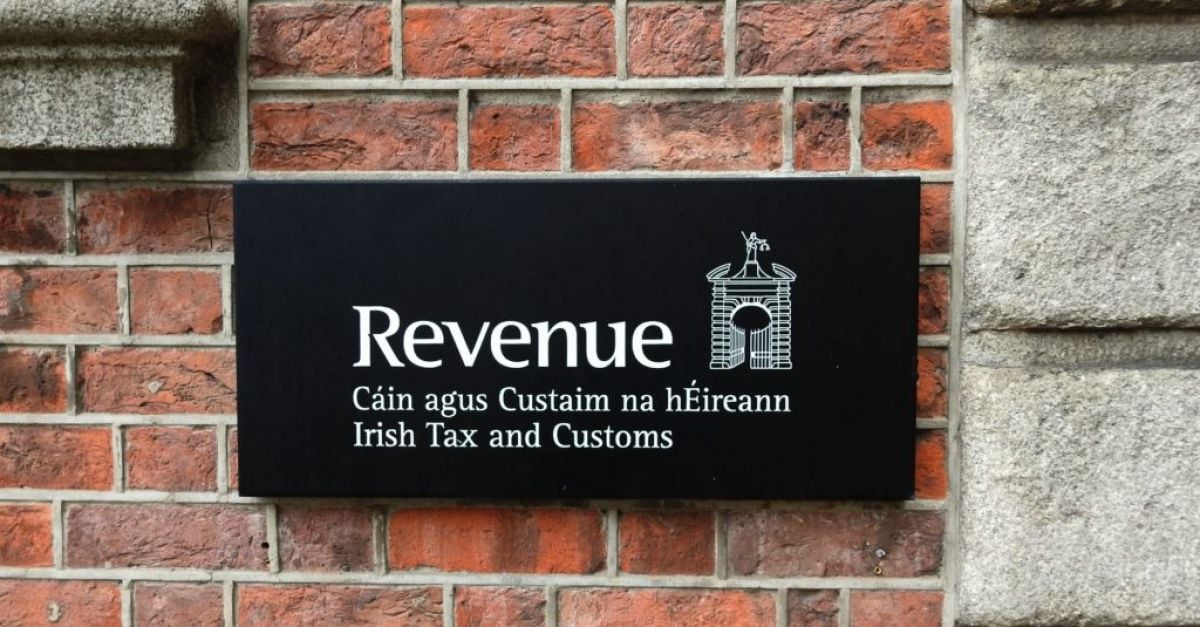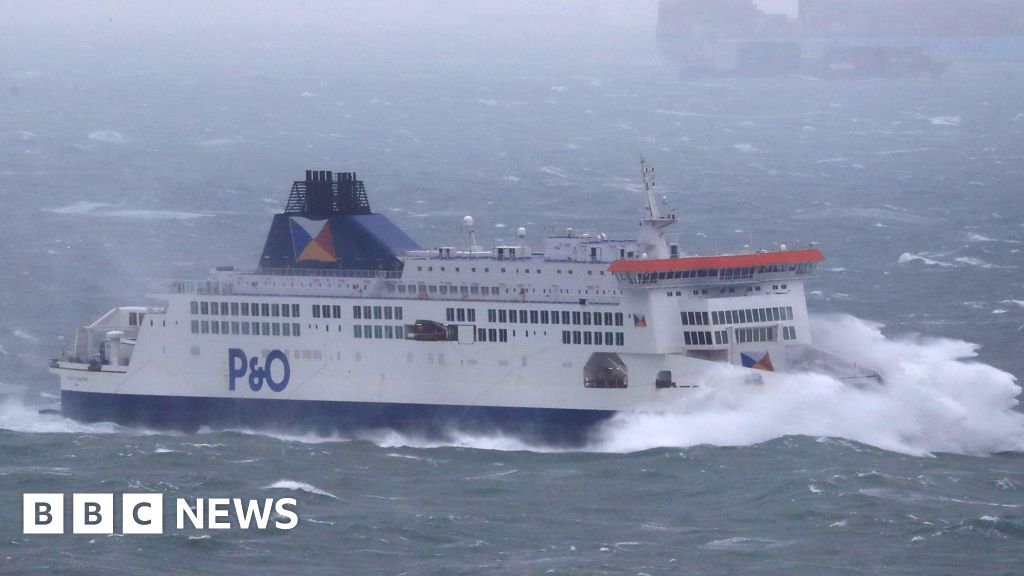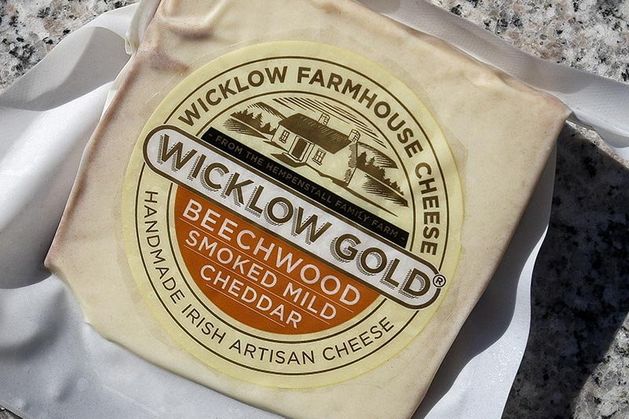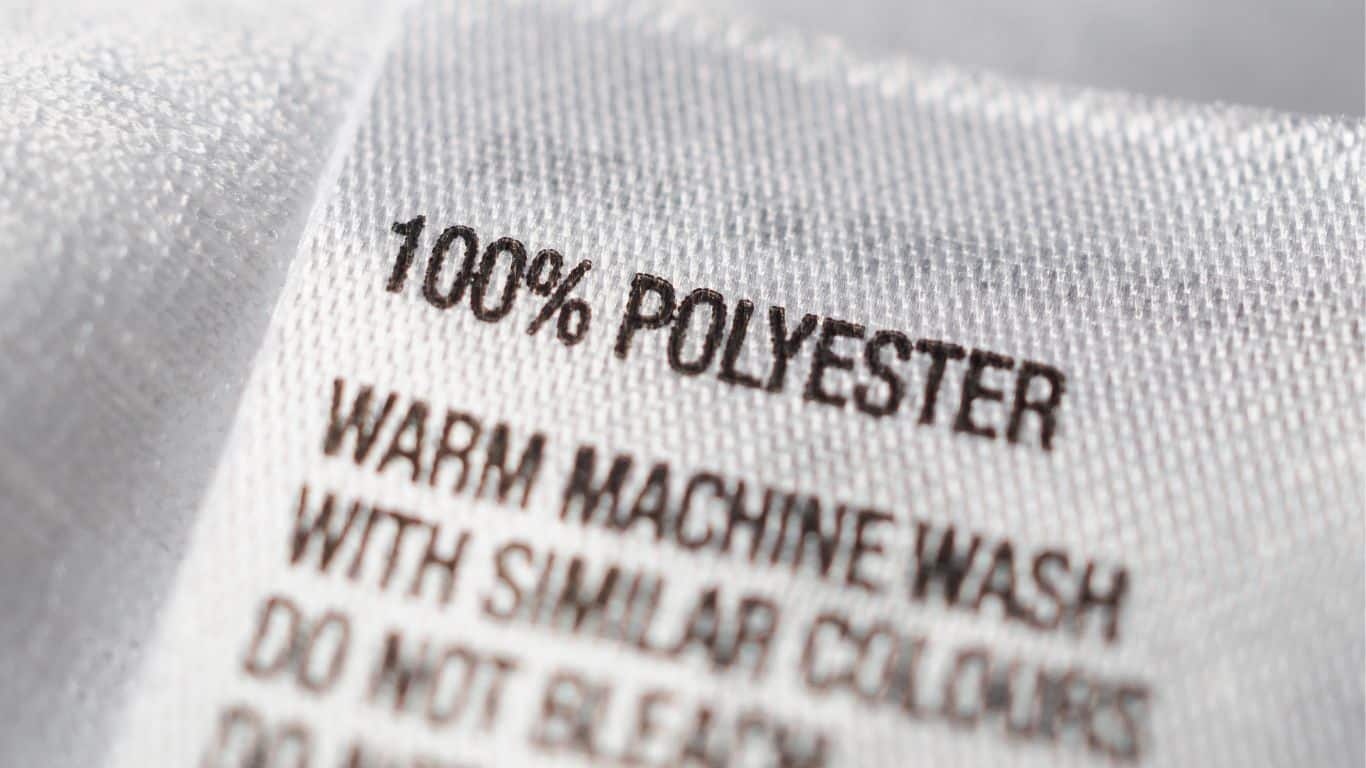Shopping
Woman whose farm was used for cross-border oil smuggling gets bill for €330,000 | BreakingNews.ie

A woman who was hit with a bill for almost €330,000 in unpaid excise duties following the discovery of a large amount of smuggled fuel on her farm had the sum reduced by over €254,000 on appeal.
The Tax Appeals Commission ruled that the Revenue had only provided admissible evidence in relation to six out of 24 separate deliveries of fuel which it claimed had been made to the woman’s farm which straddles the border between the Republic and Northern Ireland in 2016.
It reduced the amount of unpaid excise duty owed by the appellant to just under €75,000.
The tax notice was issued to the woman following a raid by gardaí and customs officers on a farm she owns with her brother on June 30th, 2016 following a surveillance operation.
The TAC heard that officials had observed lorries, which had been followed from their arrival at Dublin Port, towing trailers suspected of carrying fuel in the vicinity of the farm.
A total of 52,000 litres of fuel which were stored in intermediate bulk carriers were seized during the raid.
A Revenue official formed the belief that the appellant had taken delivery of 24 separate consignments of 26,000 litres of unmarked diesel and two consignments of a similar quantity of petrol.
The TAC was informed that Revenue received intelligence that articulated lorries and trailers units ostensibly carrying solvents were smuggling diesel from the Czech Republic through Poland and other countries to Ireland.
A customs officer gave evidence that Operation Chess, which was established on foot of such information, found lorries would stop at a service station where they would stay for up to 48 hours awaiting further instruction before travelling towards the appellant’s farm.
Individual deliveries
He outlined how the surveillance operation had observed 24 individual deliveries to the area on dates between March 23rd and June 30th, 2016 including four deliveries by the same lorry used on the final date.
Another customer officer who took part in the raid of the farm on June 30th, 2016 described how he had used a ladder to climb over closed gates which blocked access to the farm.
He outlined how one of two individuals who were unloading the trailer took off across the fields towards Northern Ireland in a four-wheel drive.
The witness said the other male, who was the driver of the lorry, was apprehended and had cash of €21,300 in his possession seized.
The TAC heard that the woman submitted annual income tax returns for 2015 and 2016 with respective turnover of €367,497 and €250,523 but gave evidence that she never had any involvement in the running of the farm and had no knowledge of whatever activity took place on it..
It was informed that she had worked as a shop assistant until she retired in 2014.
Under cross-examination, she claimed the filings were arranged by her accountant acting on her son’s instructions, whom she claimed was the true owner of the farm.
However, she accepted she was the registered owner of the farm and that she received farm subsidy payments.
The woman said she had never noticed lorries along the road near the farmyard and had no knowledge of fuel being delivered to the property.
She was unable to answer questions over documents submitted as part of her appeal which appeared to show that her son was operating an oil trading business from her address.
The TAC heard that her son had District Court convictions from 2010 and 2014 relating to illegal oil, but she denied any knowledge of them.
The woman’s solicitor argued that only people who trade in oils may be liable for excise duty and claimed it was “simply ludicrous” to assume an elderly woman was involved in smuggling oil and “arranging loads of fuel to come from the Czech Republic.”
The solicitor said his client held the farm in name only and held it “on trust” for her son.
Excisable goods
He admitted there was no dispute that two deliveries of fuel of 26,000 litres each had been made to the farm on June 30th, 2016 but stressed the appellant had no knowledge of them.
The solicitor also accepted that some kind of deliveries had been made to the farm on other dates but claimed there was no admissible evidence that they involved excisable goods.
He also argued that Revenue’s assessment was in error as it was apparent that the fuel was destined for the UK and therefore a matter for the UK tax authorities.
Counsel for Revenue said the woman was the registered owner of the farm and delegating its management to her son did not absolve her of responsibility for what happened on it.
While there was no direct eyewitness evidence about other deliveries, counsel said the evidence of the customs officer overseeing Operation Ches was sufficient.
Revenue withdraw the assessment for unpaid excise duty of €30,561 in relation to petrol at the end of the hearing, leaving the appellant with a bill for €298,908 in relation to 624,000 litres of unmarked diesel
In his ruling, TAC Commissioner Conor O’Higgins it was a striking feature of the case that no specific reasons were given why hearsay evidence by the customs officer overseeing Operation Chess should be admitted as proof in relation to 18 alleged deliveries to the farm.
Mr O’Higgins claimed such evidence was in clear breach of the rule against hearsay which exists to safeguard fair procedures.
However, he accepted the evidence of the other customs witness about the remaining deliveries.
The TAC commissioner said there was direct evidence about the two deliveries on June 30th, 2016 and he disagreed with the appellant’s lawyer that there was insufficient evidence about the other deliveries given “the pattern of behaviour” by the same lorry.
Mr O’Higgins said the evidence about the deliveries on June 30, 2016 proved “beyond any major doubt that all of the deliveries were transported in a smuggling operation.”
He ruled that the woman was liable for unpaid excise duty on six deliveries totalling €74,727.









